The Bulgarian Language
- on 06.01.13
- Bulgarian properties articles
- No Comments
Bulgarian may appear a difficult language at first – particularly because of the Cyrillic alphabet – but once you manage the basics it is really quite straightforward. It follows strict rules of grammar and the vocabulary is much smaller than in English. Consider at least learning a handful of phrases and the alphabet before you arrive in Bulgaria, as this will help with simple questions, reading and pronouncing the words on signs. For example, the letter ‘B’ translates to the Latin letter ‘V’, ‘P’ to ‘R’, and ‘H’ to ‘N’, so ΠΠ°ΡΠ½Π° = Varna.
Learning at least some Bulgarian is very useful, for visitors and especially for those moving there permanently. The locals will really appreciate any efforts in this direction and it will make your life easier. Although many young Bulgarians speak English, the older generations tend to speak Russian and some German or French – there were very few English language schools under Communism. A grasp of Bulgarian is particularly desirable in the villages, where you will find very few English-speakers.
Learning Bulgarian language
The best route to learning Bulgarian is to take lessons with a native speaker. You might even consider having lessons before arriving in Bulgaria. Many Bulgarians now live in the UK, and some will be interested in giving private lessons. Advertise locally or contact the Bulgarian Society at your nearest university. Otherwise, you will have to wait until you arrive in Bulgaria, where your options will be greater and cheaper. You could also buy one of the many books on learning Bulgarian (some of which include CDs to listen to).
There are not many language schools in Bulgaria offering foreigners the opportunity to study Bulgarian, since most are geared towards teaching Bulgarians English. Sofia University’s Department for Language Teaching and International Students is the best-known institution that offers a comprehensive language-training programme. The fees are very reasonable, ranging from 15 leva (β¬7.50 or Β£6) per hour for one-to-one tuition to just 575 leva (β¬300 or Β£250) for a three-week group course. The advantages of the former option include the opportunity to advance at your own pace and the flexibility to study exactly what you want (e.g. the vocabulary of building materials!).
Other Bulgarian universities offer similar courses, but the programmes change annually so you will need to contact the universities directly. One attractive option is to attend the annual summer Bulgarian language and culture course held for a month at the language department of the University of Veliko Turnovo. The course normally attracts people from all around the world, and, while the course is mainly targeted at those who are studying Bulgarian at university level, there is the option of taking a beginner course. The course also includes an optional element of lessons in Bulgarian culture and history. Accommodation can be provided if required.
There are also some online services available that you might wish to check out.
Some people may prefer to learn the language by less formal means. Neighbours and friends will undoubtedly offer to help. Watching TV programmes and DVDs can be useful, too, since many of them are shown in English with Bulgarian subtitles.
Yes or No?
Bulgarians nod to say ‘no’ and shake their heads to say ‘yes’. But to make matters more confusing, some Bulgarians try to adopt western tradition instead, so you are never quite sure what is going on!
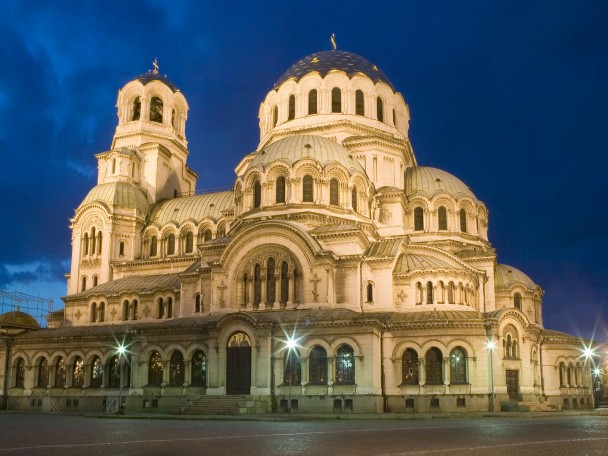
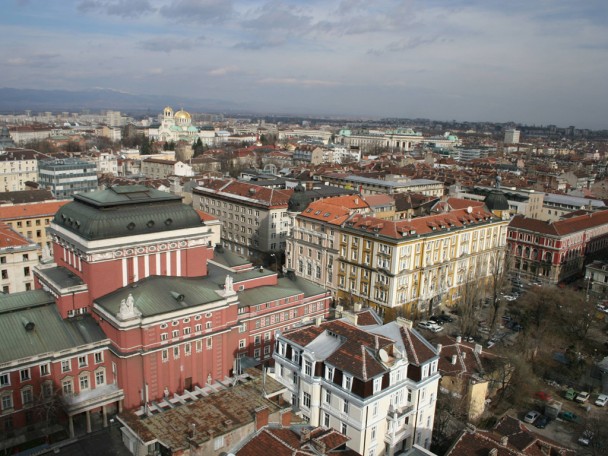
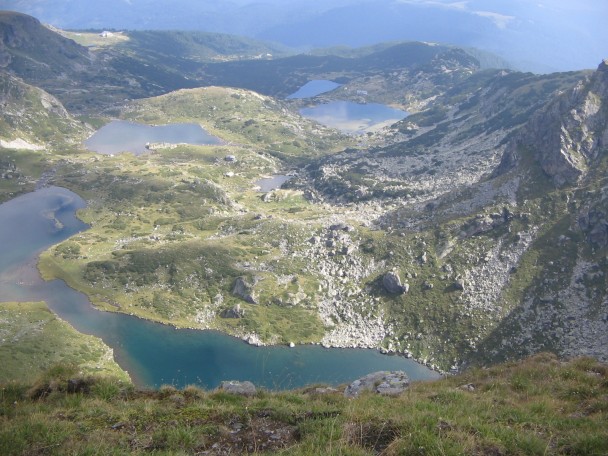
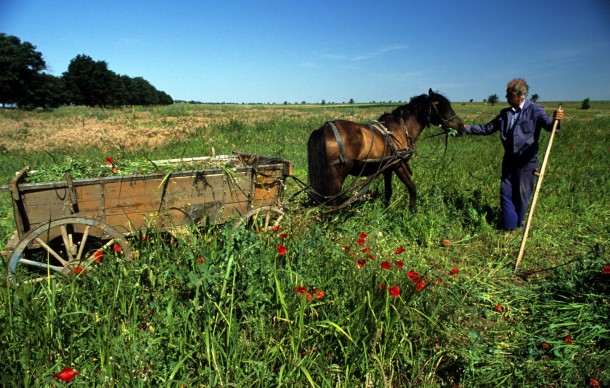
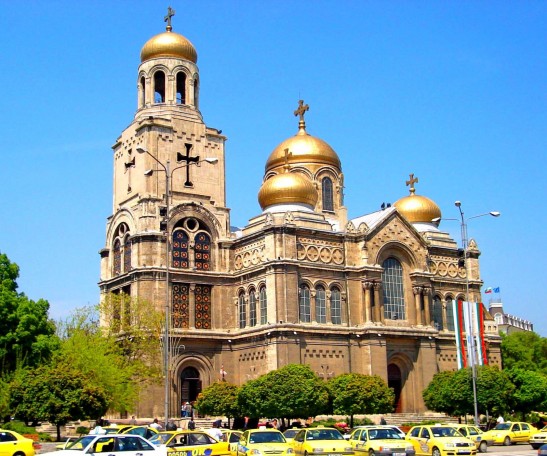
Leave a Reply
You must be logged in to post a comment.